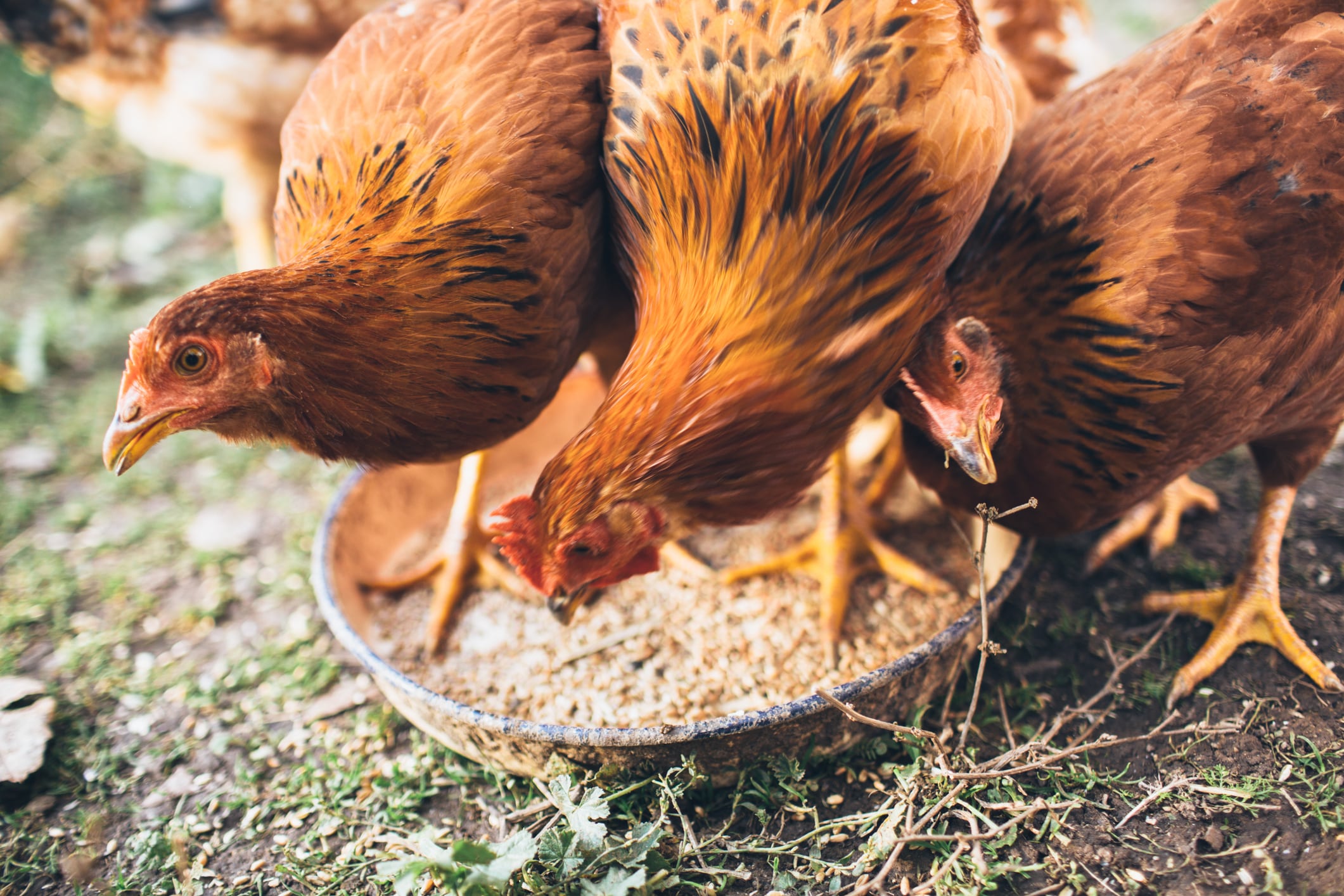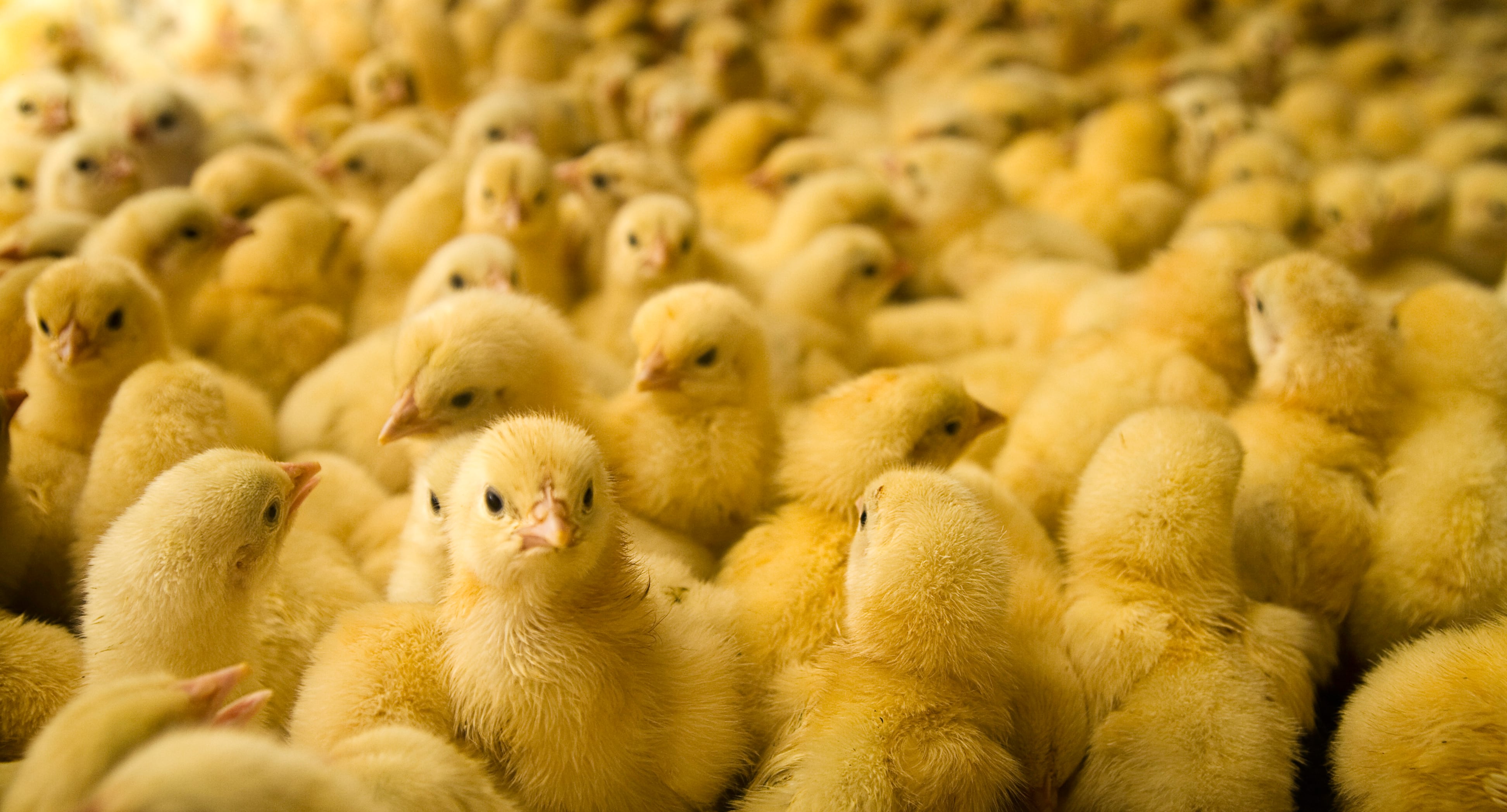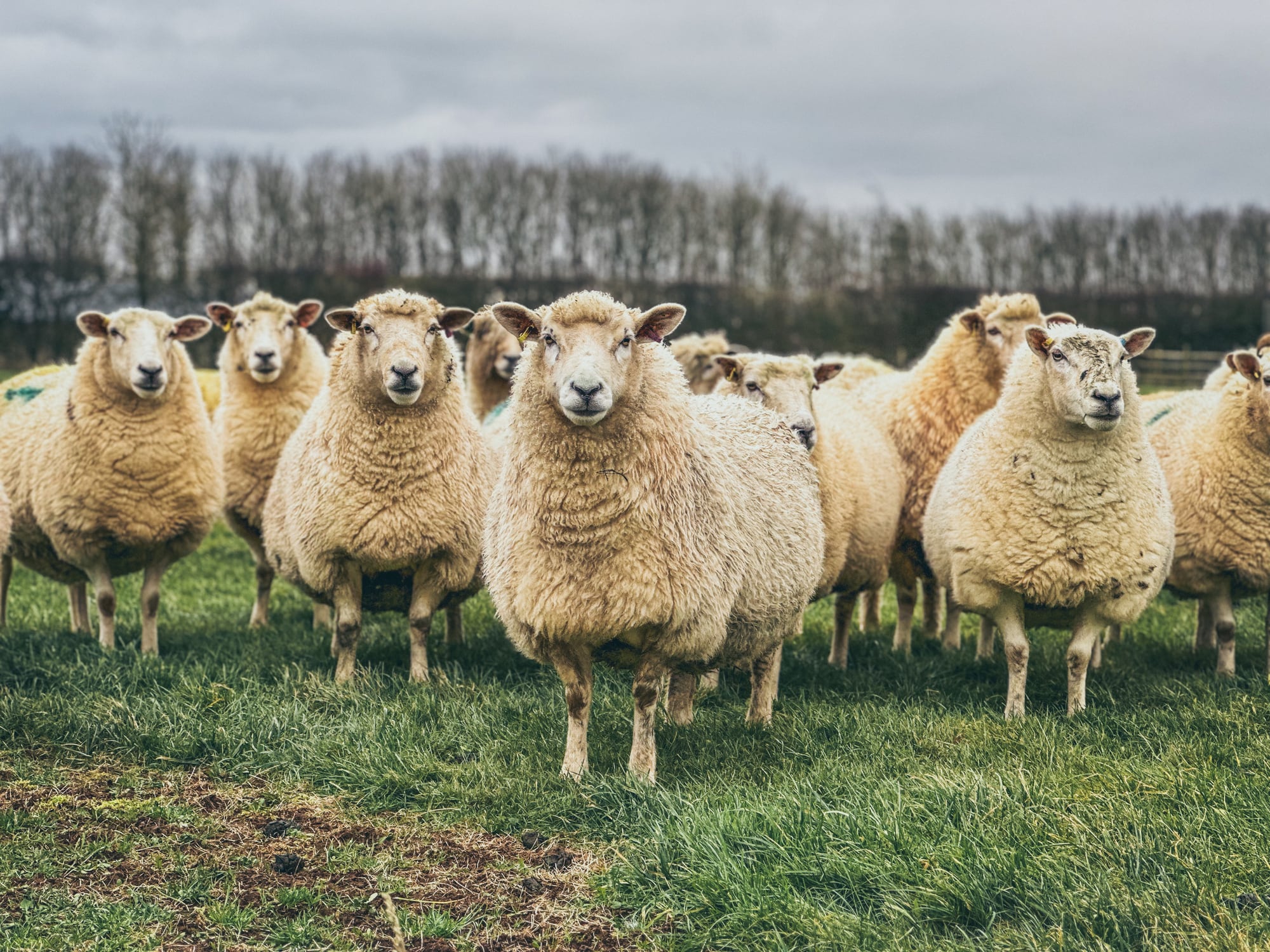to remain strong amid relatively tight global protein supply and growing consumption, but geopolitics were a ‘wild card’.
Global consumption growth was predicted to reach 2.5% to 3% this year, which would mark the second consecutive year of above-average market growth. This in turn has led to significant improvements in margin performance in many regions.
Nan-Dirk Mulder, senior analyst – animal protein with RaboResearch, said: “Almost all regions currently enjoy profitable market conditions, with the notable exception of China, which faces weaker economic conditions, waning consumer confidence, and an oversupplied domestic meat market after years of rapid expansion.”
Bird flu
Dealing with avian influenza remained a significant challenge for the global poultry industry and one of its biggest operational concerns. Additionally, the supply of parent stock remained tight, and hatching egg prices are still high, restricting growth.
“Rising egg prices are now driving renewed interest in vaccination as a tool to combat avian flu threats,” said Mulder. “The poultry industry has debated the use of vaccines in recent years, and more countries are adopting vaccination as a tool to reduce the risk of avian influenza spreading.
“In general, there is more support among egg producers than broiler producers. Concerns about trade impacts and mixed results in controlling the spread of disease have been key factors for several countries not adopting vaccination as a tool.”
Aside from the ongoing avian flu risks, rising geopolitical tensions and competition posed the biggest challenges for global trade.
Strong global trade
RaboResearch expected global trade to remain strong amid relatively tight global protein supply and growing consumption. Strong import demand is expected to persist throughout the year, keeping breast meat prices high. However, weak Chinese demand and local oversupply may limit upside.
The threat of rising geopolitical tensions, including US tariffs on imports and retaliatory tariffs on US poultry from affected regions, could lead to a trade war and shifting global trade flows. RaboResearch noted that Brazil and Thailand were expected to benefit from these geopolitical tensions.
“They [Brazil and Thailand] are already gaining market share in markets like China and Mexico, and this trend is likely to continue, especially if trade tensions escalate,” Mulder added.
Indirectly, geopolitical tensions could also lead to changes in operations due to restrictions or shifting trade flows of inputs like agricultural commodities and feed additives. “Global traders should be prepared to respond quickly to developments,” warned Mulder.
Meanwhile, Food Manufacture rounds up the key takeaways of its recent Future of Meat webinar, which delved into key trends around poultry, red meat and alternative proteins.





